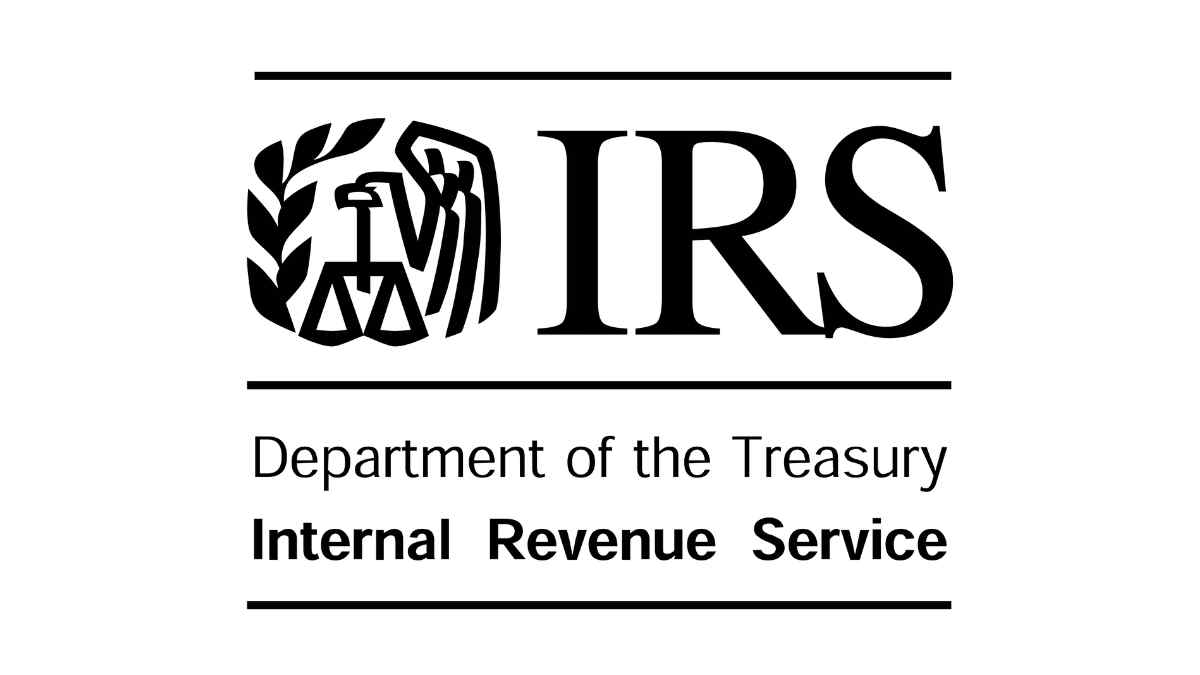Scams have become commonplace these days. That’s why the Internal Revenue Service (IRS) has issued a national alert to prevent taxpayers from falling into a new trap. It’s all about the purchase of clean energy tax credits. It has also provided a series of recommendations to watch out for. Don’t worry, in this news we explain them all so that you are protected against these scammers.
IRS statement on this type of scam
According to officials, “unscrupulous tax return preparers” are misrepresenting the rules for clean energy credits. They are also telling people that they can receive credits for which they do not actually qualify. This type of scam usually targets people filing Form 104, which is used to determine how much you owe the IRS or whether you are due a tax refund.
“This example is another case of scammers attempting to use the complexity of tax law to induce individuals to claim credits to which they are not entitled,” reads the statement signed by Danny Werfel, commissioner of the Internal Revenue Service. In this sense, he emphasized that taxpayers must be careful with this type of promoters who promote dubious credits.
The government institution is alert to this new scam. For this reason, it urges the population to go to a trustworthy professional before requesting complex credits such as clean energies. In that line, it reminds that tax credits can only be acquired to offset the income tax of what the IRS calls “passive activity.” This includes rental property or some limited partnerships. Most taxpayers do not have passive income and are not taxed on it.
Consequence of falling for this scam
Claiming these credits incorrectly can get the taxpayer in trouble with the IRS. That is, he could end up being liable to repay the inflated credit, plus interest and possible penalties. Therefore, citizens are advised to consult a tax professional and be on the lookout for anyone offering them credits to lower or reduce their tax liability.
The clean energy credit scam is just one of the latest schemes identified by the IRS. Similar scams have occurred in the past involving the fuel tax credit and the family and sick leave credit, among others.
How to report tax fraud or scams
The IRS provides a number of links to report tax fraud or scams through its website. You can also report IRS impersonators acting through email, text or social media; a stolen SNN or ITIN; or business identity theft. To do so, you must access the “Help” section of the SII platform, where you will find the steps to follow and specific recommendations for each case.
On this platform, you will also be able to access blogs on how to recognize tax scams and frauds and be able to know if you have been scammed or not. In addition, they will give you crucial details on how to identify a real tax representative and avoid falling for the lies of a simple scammer who wants to do you wrong.
Although it should also be noted that this Hacienda platform not only contains data on frauds and scams, but also has solutions for those taxpayers who have problems with taxes. For this, you have at your disposal the Taxpayer Advocacy Service (TAS), which is free and has its own website, where they publish relevant information about taxes, possible complications and related issues. You can also call 1-877-777-4778 or go in person to an office of this government entity.

